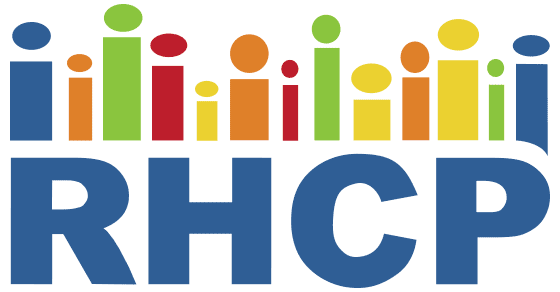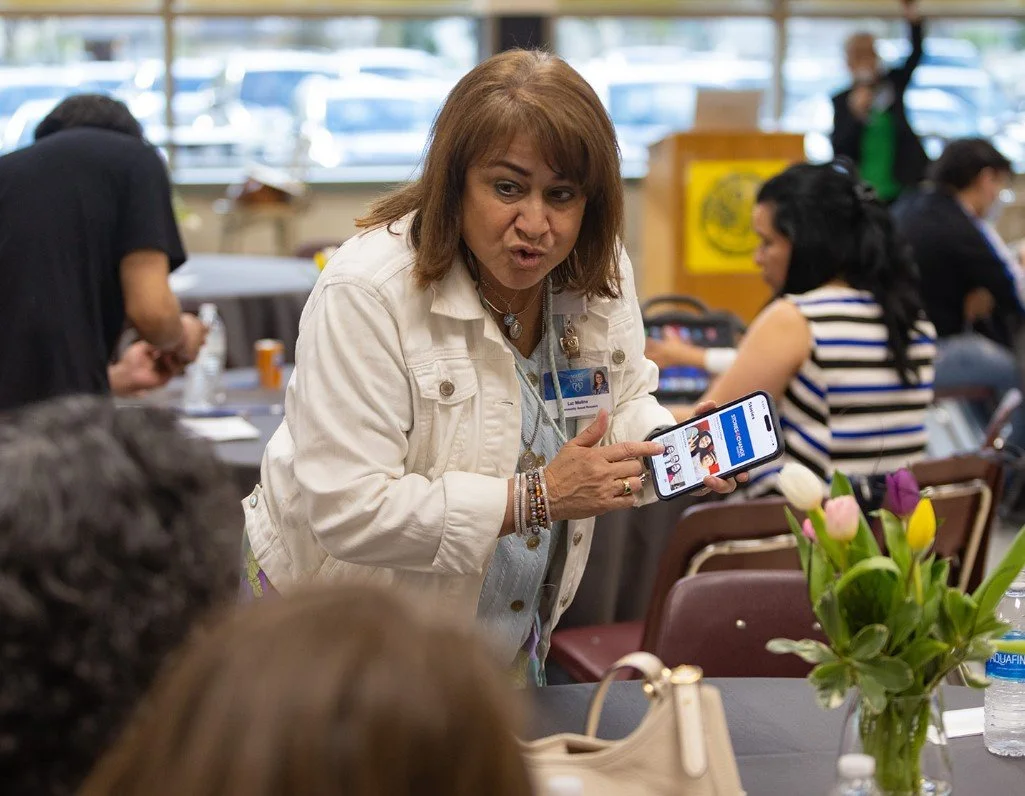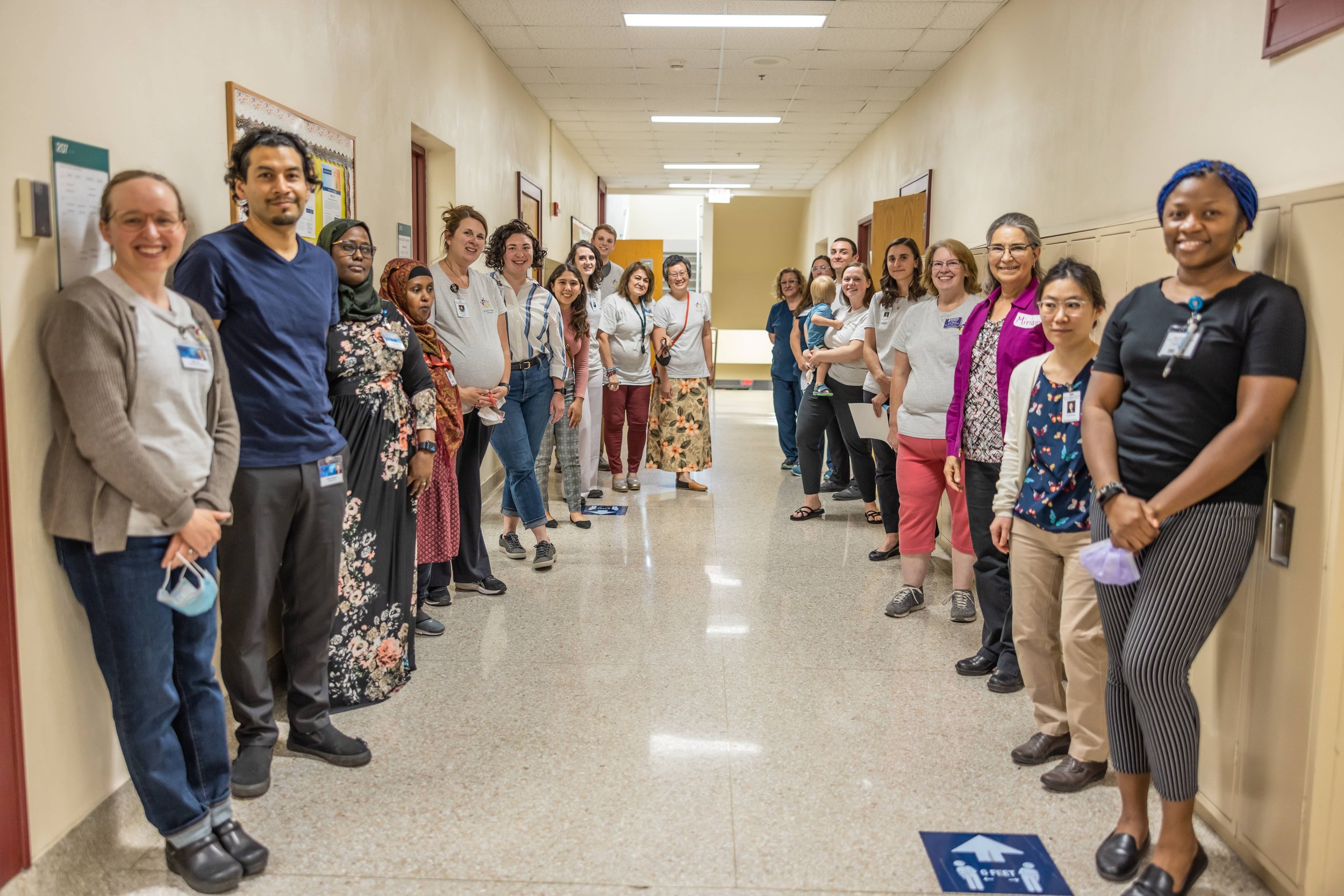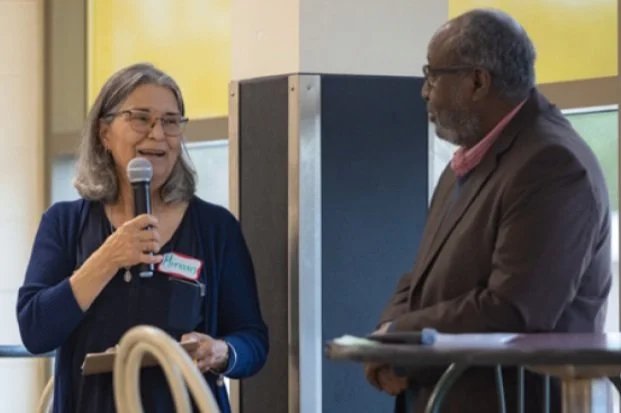ROCHESTER HEALTHY COMMUNITY PARTNERSHIP
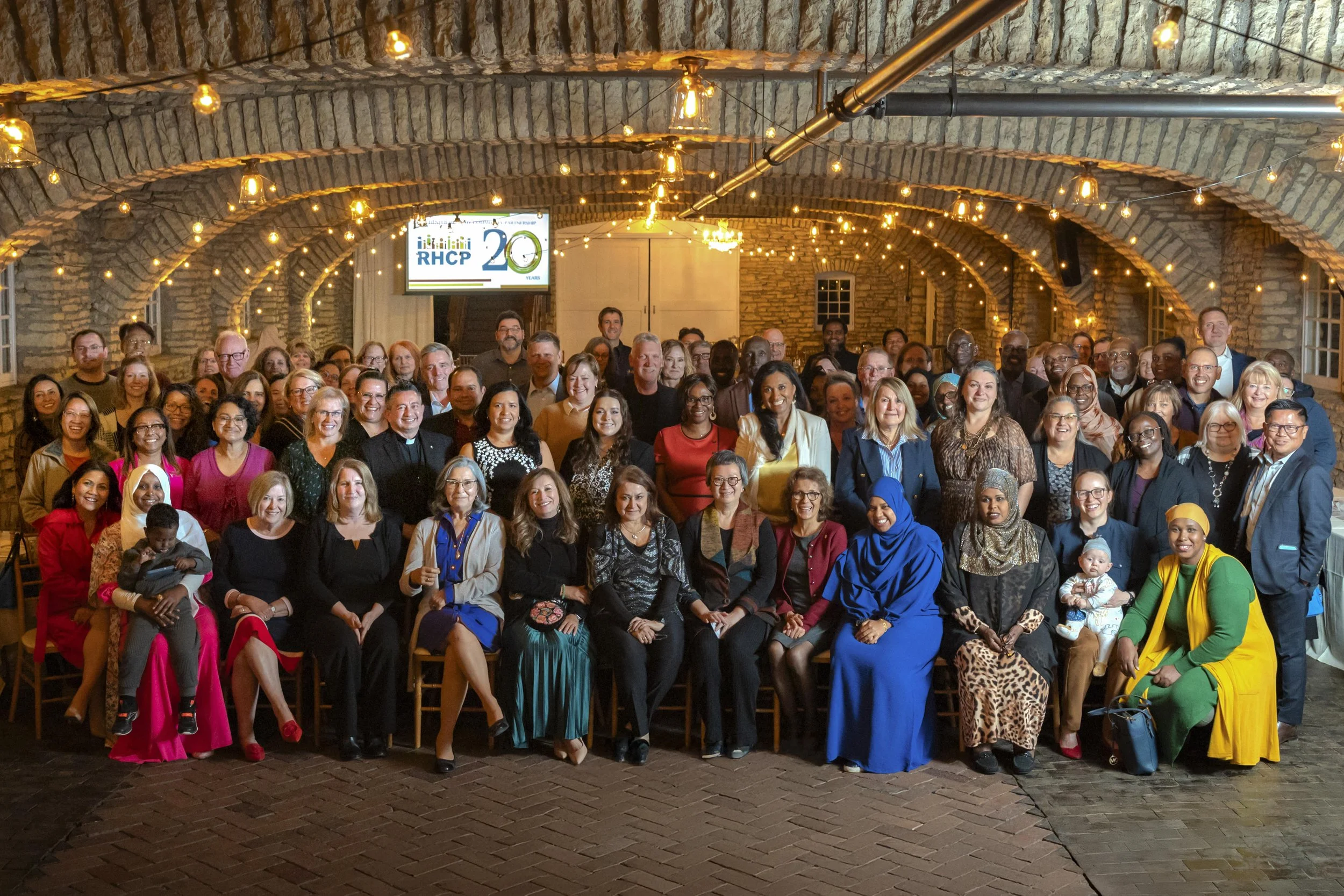
Our partnership is made up of staff and volunteers from diverse community, academic, and social service institutions.


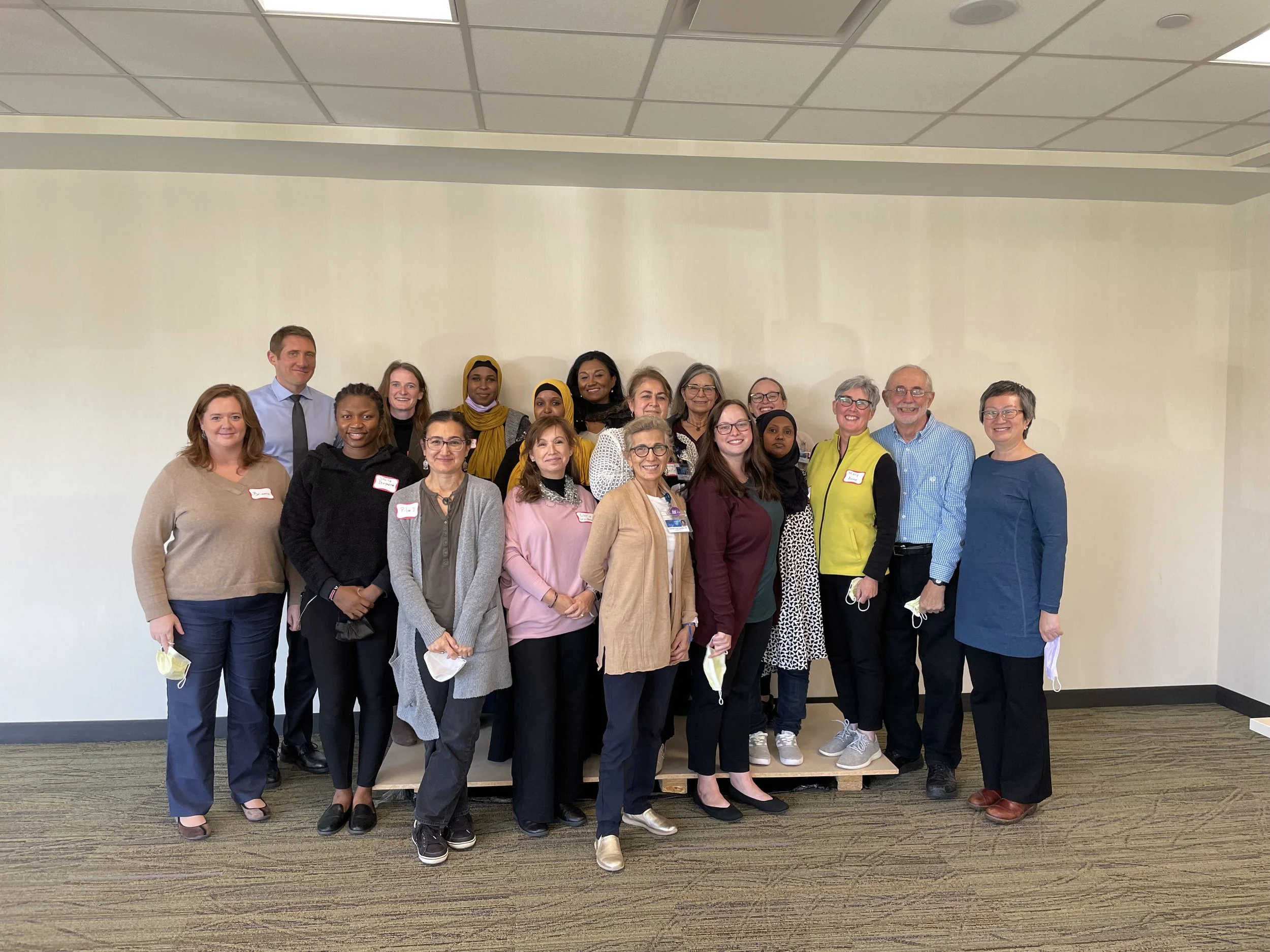
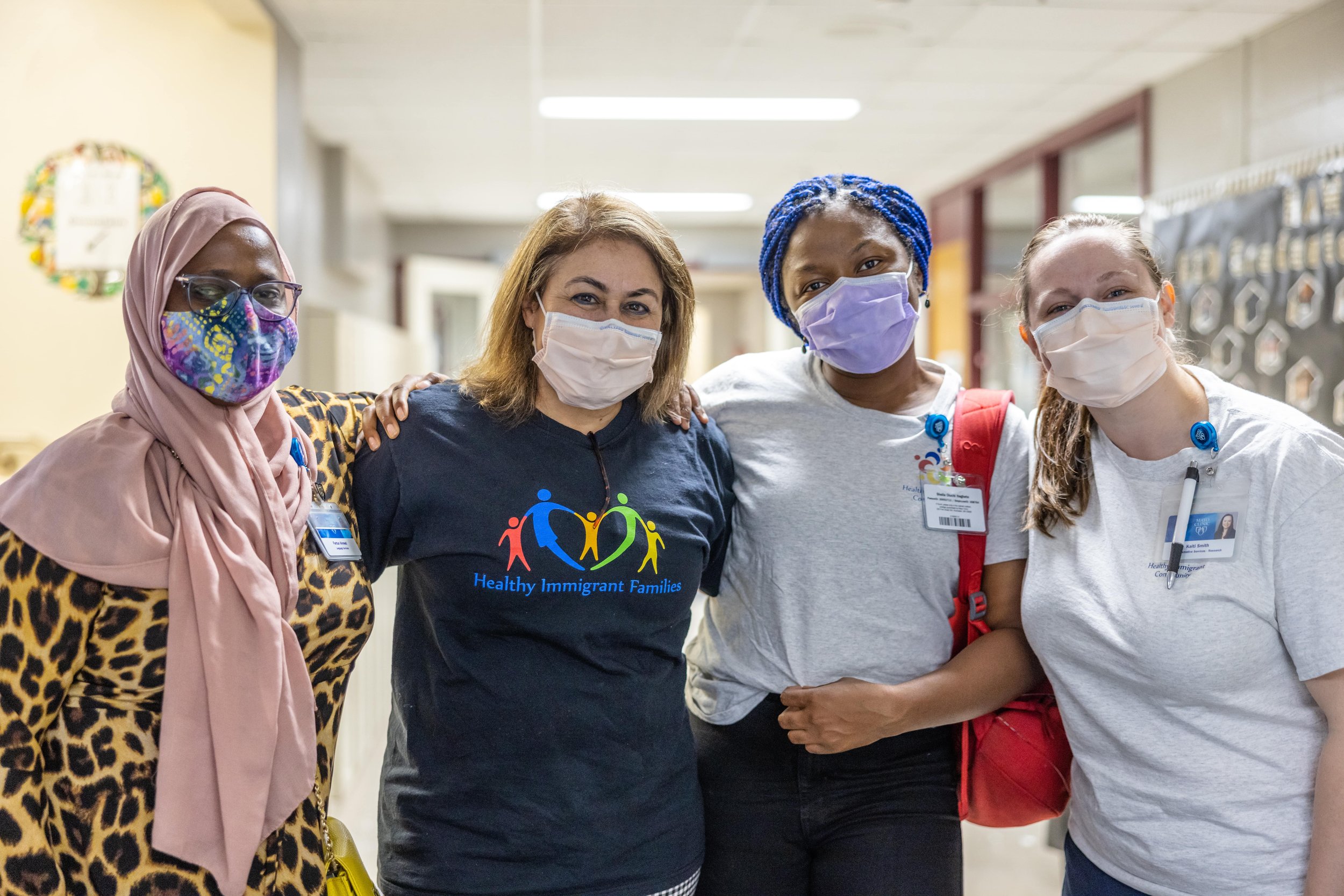
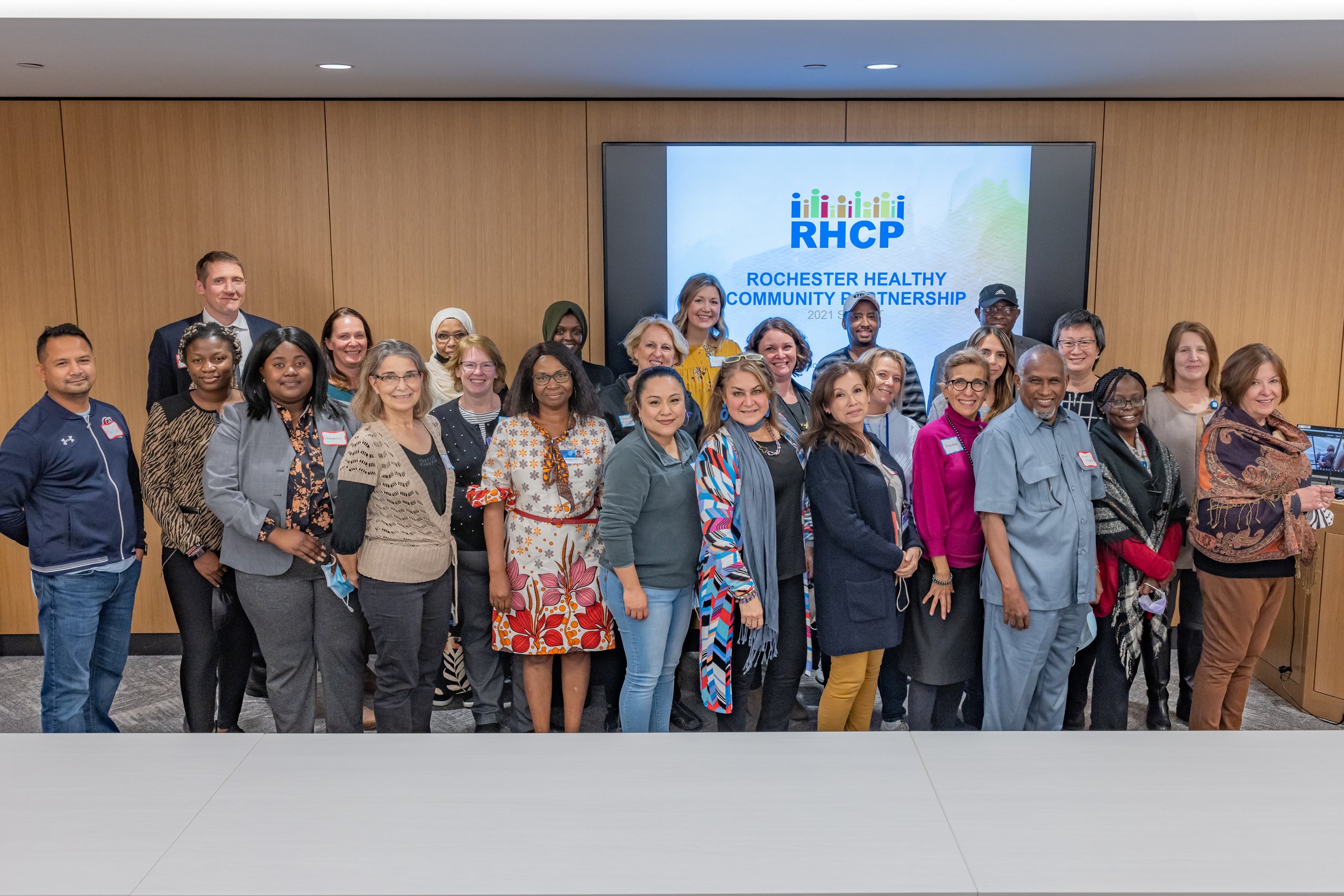

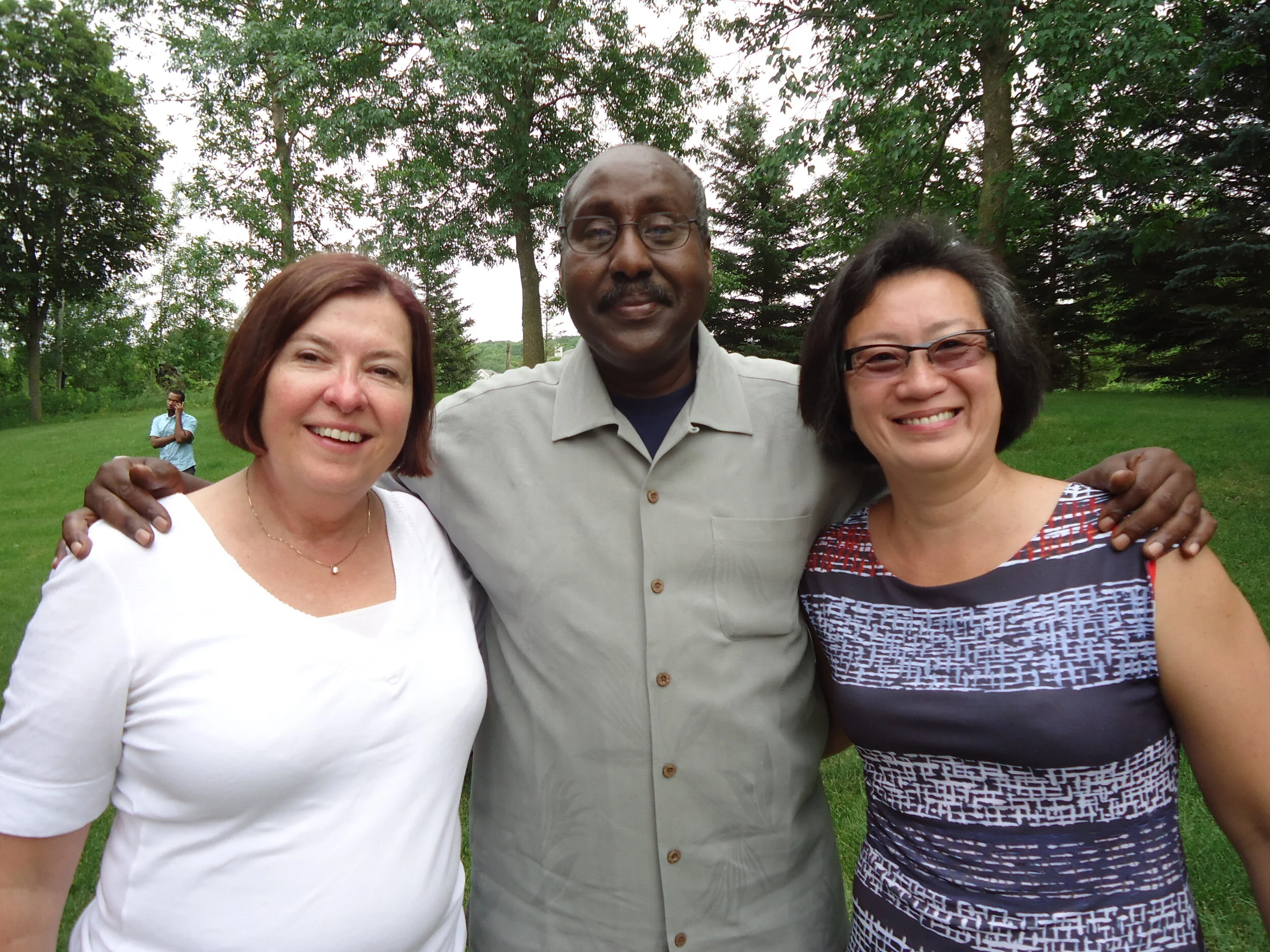
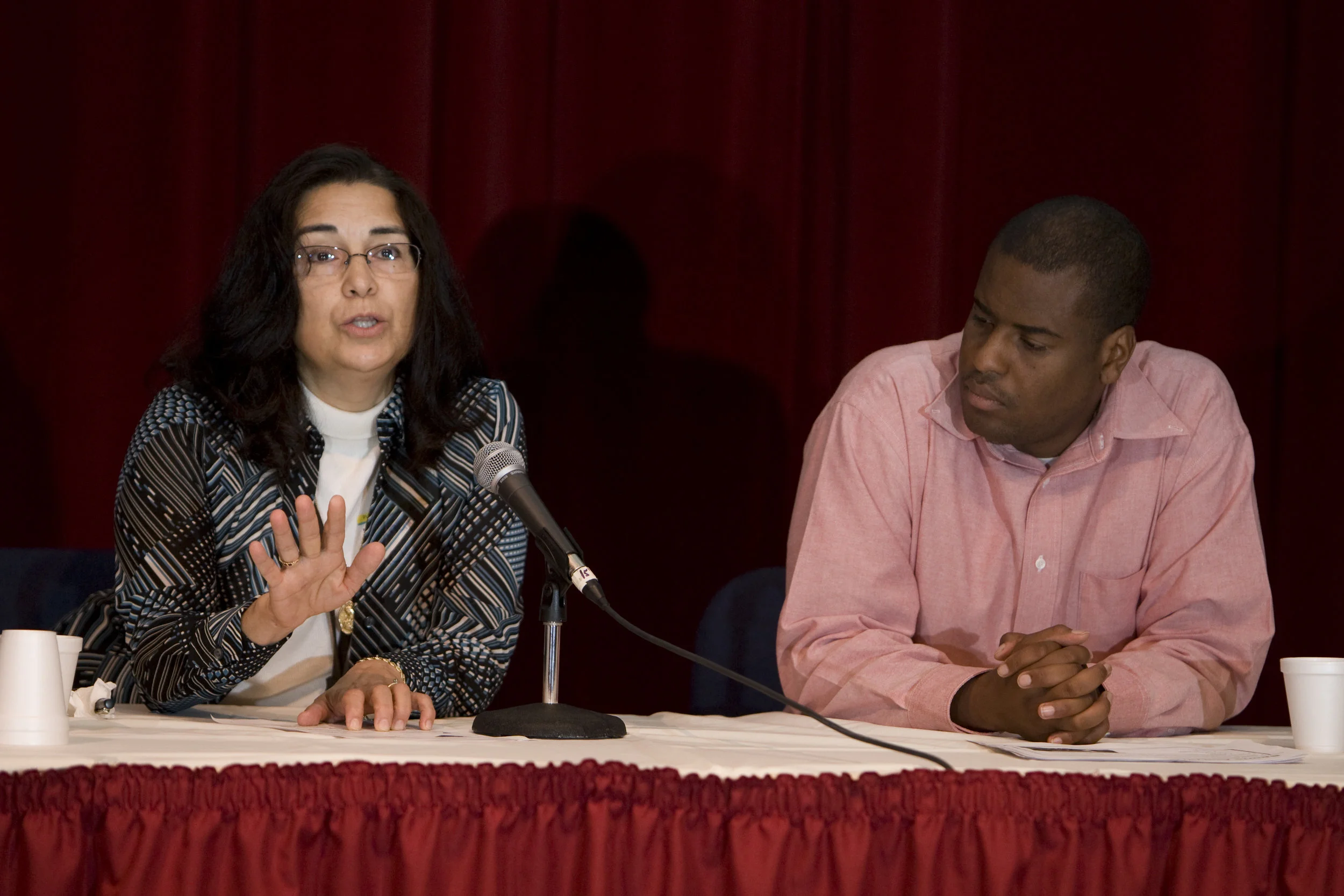
R: Rochester
RHCP began in 2004 as a partnership between community organizations in Rochester, Minnesota and researchers at Mayo Clinic to address health concerns of the community.
H: Healthy
Our primary aim is to improve the health of our community through community-based participatory research, education and civic engagement.
C: Community
We have developed an effective community-based research infrastructure and are experienced at designing and carrying out programs with community partners who also help identify health priorities within their communities.
P: Partnership
RHCP is made up of dedicated partners from community-based organizations, schools and universities, medical centers, and many community volunteers.
MISSION
To promote health and well-being among the Rochester, MN population through community-based participatory research, education and civic engagement to achieve good health for all.
OUR START
Every day we all make choices, but rarely does a simple choice have ramifications that last twenty years and affect hundreds of people…
How We Work
We value and respect diverse cultures, experience, and expertise.
We have shared values.
We maintain confidentiality.
We have clear and common goals.
We maintain a sense of humor.
We foster effective leadership.
We have a defined decision making process (majority).
We have a process for conflict management and resolution.
We encourage equitable involvement.
We maintain an atmosphere of trust.
We are committed to CBPR principles.
We have a defined agenda.
We prepare for meetings.
We share food at meetings.
We review and approve minutes in a timely fashion.
We agree on the timing, frequency and location of meetings.
We encourage communication between members.
We strive to begin and end meetings on time.
We have established a welcoming environment.
We address each other by first name.
We work in small groups.
We are informal.
We maintain a spirit of openness.
Thank you to RHCP collaborators – accounted and unaccounted for, past and future - for sharing your talents with RHCP to advance health equity in our communities…
Thank You, Partners!
Alliance of Chicanos, Hispanics, and Latin Americans
Boys & Girls Club of Rochester
Cambodian Association of Rochester Minnesota
Cambodian American Partnership of Minnesota
Co-Cathedral of St. John the Evangelist Church
Community Health Service Inc – Rochester
Divanyx Event Center and Photography
Hawthorne Education Center
Intercultural Mutual Assistance Association
Hispanic Advocacy and Community Empowerment through Research
Hennepin Healthcare
Ethiopian Community in Rochester Minnesota
Fostering African-American Improvement in Total Health
Luther College
Mayo Clinic
Mayo Clinic Alix School of Medicine
Mountain Park Health Center
Multicultural Learning Center
New Faces of America
New Sudan American Hope
Olmsted County Public Health Services
Olmsted Medical Center
Pamoja Women
Rochester Area Family Y
Rochester Buddhist Temple
Rochester Cambodian Church of the Nazarene
Rochester Community and Technical College
Rochester Public Library
Rochester Public Schools
Rochester Ready
Somali American Social Service Association
Somali Community Resettlement Services
StoryCenter
Southern Minnesota Initiative Foundation
The Center Clinic
The Church of St Francis of Assisi
University of Minnesota Rochester
University of Minnesota Extension
University of Mississippi Medical Center
University of New Mexico
Vision Church
Winona State University
Our work is currently funded through a variety of grant and philanthropic funding sources. In an effort to expand RHCP’s scope and enhance cross-disciplinary opportunities for local, state and national collaboration, we invite potential funders to contact us to discuss opportunities for support.
